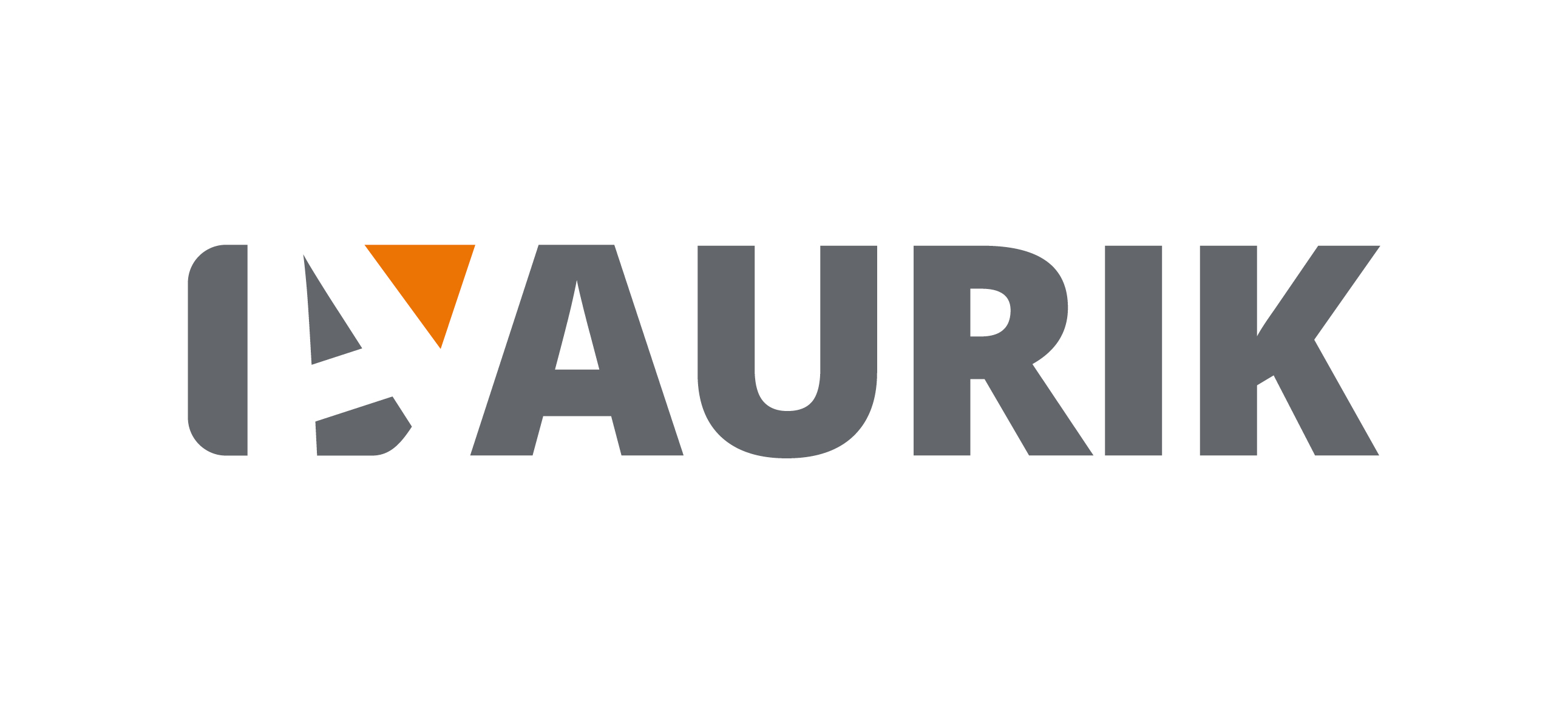You might have noticed that it takes longer to get deals done in today’s economy. What took 6 weeks is taking 12 to 16 weeks; what took 3 months is now taking 9 months if not a year. There are many reasons for it, but the reality is that to get deals done, you have sell across three domains.
Today, you need product value propositions, mindset value propositions and economic value propositions. Missing out one of them will double up on the time it usually takes you to do your deals.
Listen to the podcast HERE

1. Product mindset value proposition
Products are great but seldom do they set you apart for a sustained period. There is simply too much competition to hold such an advantage unless you have patents. If you do, you’d better get a big bank account too. A patent is only worth your ability to protect it.
Read more on product and service based business HERE
Having said this, why do people buy anything? They do so to solve a problem that they have. A problem not solved is a cost to that customer. It may take the form of hard cash for example a dripping tap costs money for so long as it drips. It might take the form of time. A good example is an old, tired computer whose hardware has run too many miles and cannot keep up with the demands of updating software. Alternatively, it could take the form of an opportunity cost. A tatty old suit might not leave a funder impressed with your request for investment.
Be sure you have understood what problem you solve and for who. Not everyone has the same problem or put differently, not everyone experiences the problem in the same way. Once you have understood the problem, cost it out. A problem that cannot be quantified is not well enough understood. That means, you are probably still suck in a product, not problem, value proposition. In understanding the cost of the problem, consider the cost of your product or service. the gap between the two is the value you have to offer and that’s what people and businesses buy.
In stressful times and economic apprehension, people only act and spend in relation to their immediate felt needs. Identifying and quantifying a problem that you can solve for them means you become their priority on attention and spend.
Read more on getting positioning right with a problem solving value proposition HERE
2. External/economic value proposition:
In a zero-growth economy you need to find growth and make things happen differently to when the economy is growing. Here are three areas that you can find growth in.
Change your value proposition to be relevant
A tough economy means things change for everyone. Think about unemployment rising; its impact touches everyone in that economy. When people loose access to money, they turn to family and friends for support. This means those who had the money now have less to spend. That means that the things they budgeted to buy - from new furniture to holidays, educational support or home improvements - all go on the back burner. It feels grim but only if you are selling in one dimension, the product dimension. It’s a great opportunity if you are able, with your current product or service, to understand its value differently.
Think of a landscaping and gardening business. It booms in times of plenty and is the first service cut in times of stress. A proposition that says invest in your garden now is unlikely to work when cash is tight. Or is it? What if the proposition suggests investing in your garden now at a fraction of what the family holiday would cost since it means summer fun around the pool at home instead? A different proposition, solving a new problem, emerging from an environment of financial stress, that disabled the former proposition that worked in times of plenty.
Outcompeting your competitors
In a tough, stressed economy, all your competitors feel the pressure. Sustained negativity and apprehension disables people and businesses. Consumer and business spending has, like a tap of flowing water, switched on and off consistently, and almost immediately with each Brexit announcement. In South Africa, we have literally become immune to political announcements since they happen at such a ferocious pace. Most people have resigned themselves to any action. That’s where the opportunity arises. Your customers want to buy services from a company that is positive and is investing. Those customers being served by negative competitors are the customers up for grabs. Approaching them today will increase your marketing and sales response rates.
Read more on the power of acting, while everyone else waits for things to change HERE
Taking business from corporates
In this tough economy, the rate and pace of change from an emotional and financial perspective is seeing markets fragment. Corporates struggle in these instances. In addition, they are big, heavy, complex and slow-moving. Look at who your corporate competitors serve and approach them with a more flexible, faster-acting service offering and response. You will get reaction there.
3. Mindset proposition: Move from denial through anger, acceptance, change to adaptability
Who’s in control
Behind every business client is a person. Inside of every customer is a person. In a poor, negative economy you must add a psychological dimension to your sales activities. The best way to shift negative people is to help them see that they have full control over their futures. By far, most people are in the same space and by far, most are waiting for things to happen before they strike on deals. Whether it be for the elections to come and go or the sun to rise and set. Acting gives you power and acting over things you have control is extremely empowering. Have the conversation.
Fear versus gain
Loss carries more weight in cations than gain. It’s well known. Most people would rather act to first prevent loss, then act to attain a gain. Create an urgency by focusing on the cost of not having a problem solved. This spurs action far faster than promising a hoped-for utopian outcome in the future.
Logic
Finally, logic. Use logic to get people to act. This only works if you understand who your customer is, what problem they have that you can solve, what the cost of not having the problem solved is and how you can provide real value in getting it done.
Business today must stretch itself across all three domains. And it’s a great thing. You get better when you succeed in this. Your business grows and when the economy turns, you’ve developed habits and a way of working that sees you excel. After all, excellence is a habit.
Because we work with clients that come to us to grow, we are already in a good headspace. Because we pride ourselves in our ability to deliver growth, we eek out all the angles, arguments and opportunities to make it happen. Because we like to do so at scale, we work with you to build the systems to make this happen. It’s tough out there, don’t make it tougher. Let’s work together to take advantage of this period whilst it lasts so that when it fades, acceleration will be your norm.

